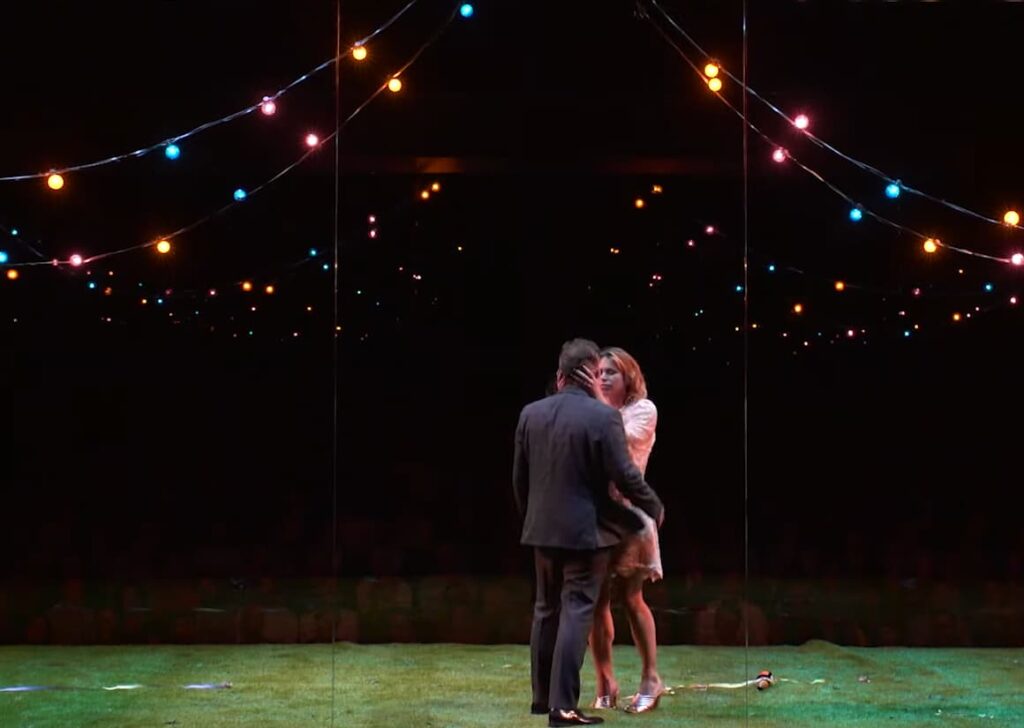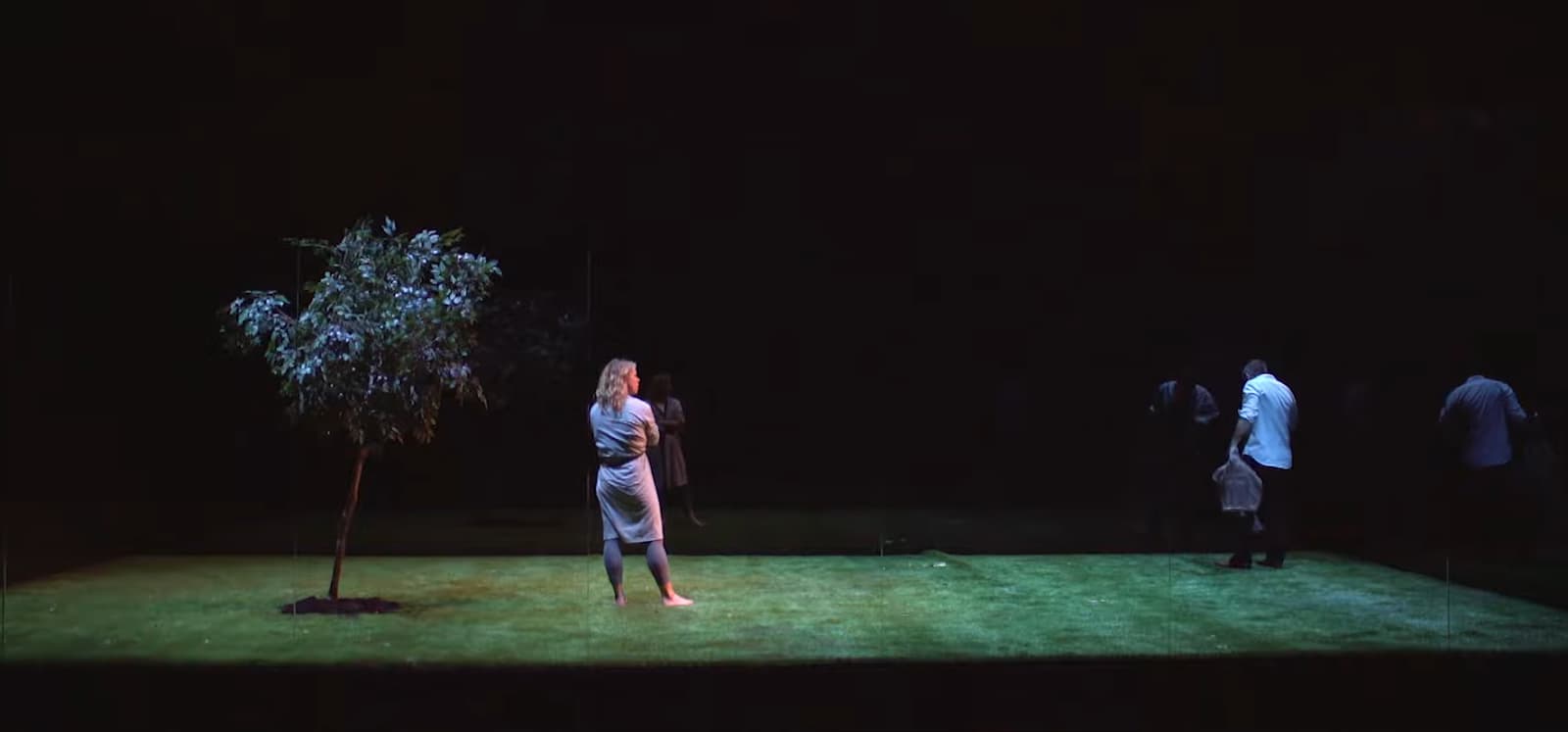Yerma’s Relevance Today: A Modern Analysis
Yerma, a potent dramatic poem by eminent playwright Federico García Lorca, unravels the gripping tale of a woman’s fervent quest for motherhood. Conceived in the year 1934 and brought to life on stage for the first time in the same year, this poignant three-act play probes deep into the psyche of a woman yearning to conceive.
Play Production Details
From October 13 to November 19 in 2006, Yerma found a home in the Heartland Studio under the adroit adaptation of Peter Robel and Thomas J. Samorian. The play, a unique blend of text and performance, garnered critical acclaim during its run.
Yerma skillfully weaves a narrative around themes of isolation, passion, and frustration. It acts as a mirror to the societal norms of the time and subtly criticizes them through its riveting storyline.
The Significance of Lorca’s Rural Trilogy
Yerma, along with Bodas de sangre (Blood Wedding) and La Casa de Bernarda Alba (The House of Bernarda Alba), forms a part of Lorca’s acclaimed Rural Trilogy. All three plays highlight the subjugated status of women yearning for freedom in a repressive society that denies them the right to sexual or social equality.
Cast and Crew
The remarkable performance of the play was brought to life by a talented cast and crew, including:
Cast:
- Kevin Bensley;
- Kyla Brundage;
- Alanda Coon;
- Kate Froehlich;
- Kristy Hartsgrove;
- Carolyn Jenson;
- Michelle Kelley;
- Sara McCarthy;
- Elizabeth Hope Morgan;
- Matthew Pierce.
Crew:
- Original Music: Jon Steinhagen;
- Stage Manager: Mary Ellen Rieck;
- Scenic Design: Patrick Ham;
- Costume Design: Theresa Ham;
- Producer: Elizabeth Winchester.
The mesmerizing original music was composed by Jon Steinhagen. The production was seamlessly managed by Stage Manager Mary Ellen Rieck. The picturesque scenic design was the brainchild of Patrick Ham, and the distinctive costumes were designed by Theresa Ham. The play was produced by Elizabeth Winchester.
Yerma’s Representation of Women

Yerma serves as a striking commentary on the repressed desires and aspirations of women in a deeply patriarchal society. Through its protagonist, it explores the arduous journey of a woman torn between societal expectations and personal desires.
The play starkly depicts the struggle of women against rigid societal norms, especially concerning sexual and social equality. It illuminates the bleak realities women had to endure, from suppressed desires to the inability to assert control over their own bodies.
Conclusion
Yerma is a heart-rending exploration of a woman’s quest for motherhood, freedom, and equality, set against the backdrop of a society bound by rigid norms. Whether it’s the portrayal of the protagonist’s struggle or the critique of societal norms, Yerma remains a powerful and relevant narrative, shedding light on the timeless concerns of women’s rights and freedom. Through its potent themes and engaging storyline, Federico García Lorca’s Yerma continues to resonate with audiences, reflecting the universal struggle for equality, freedom, and self-realization.
